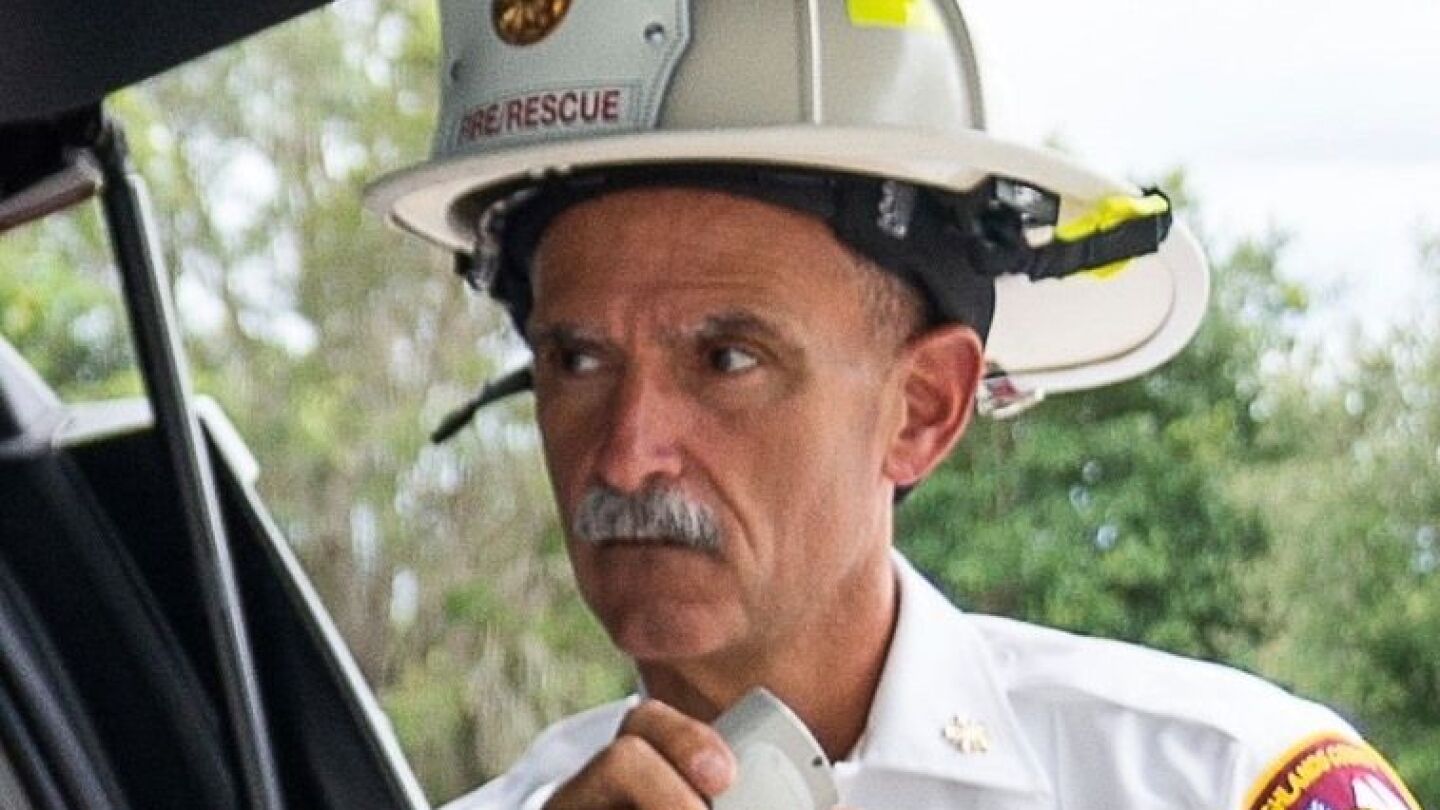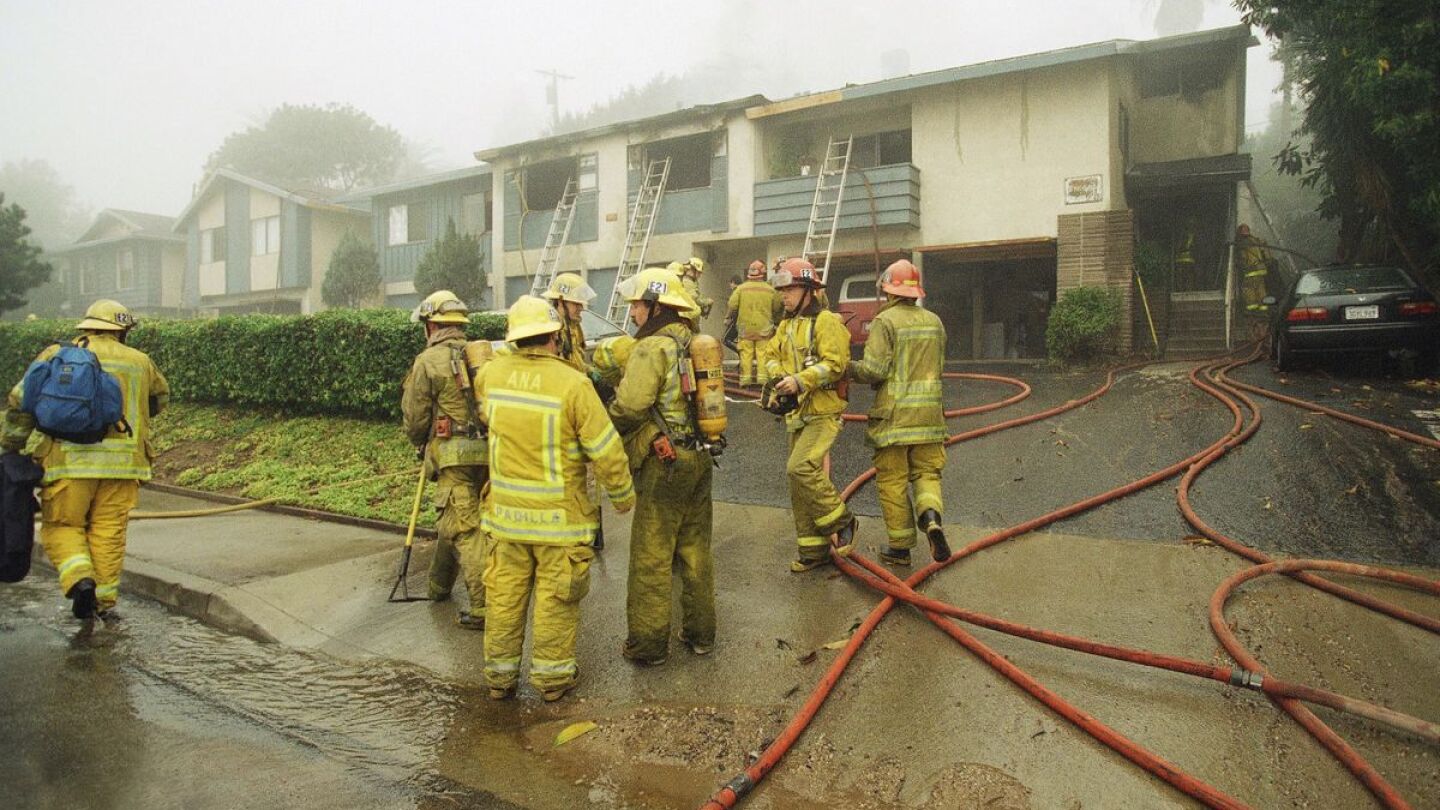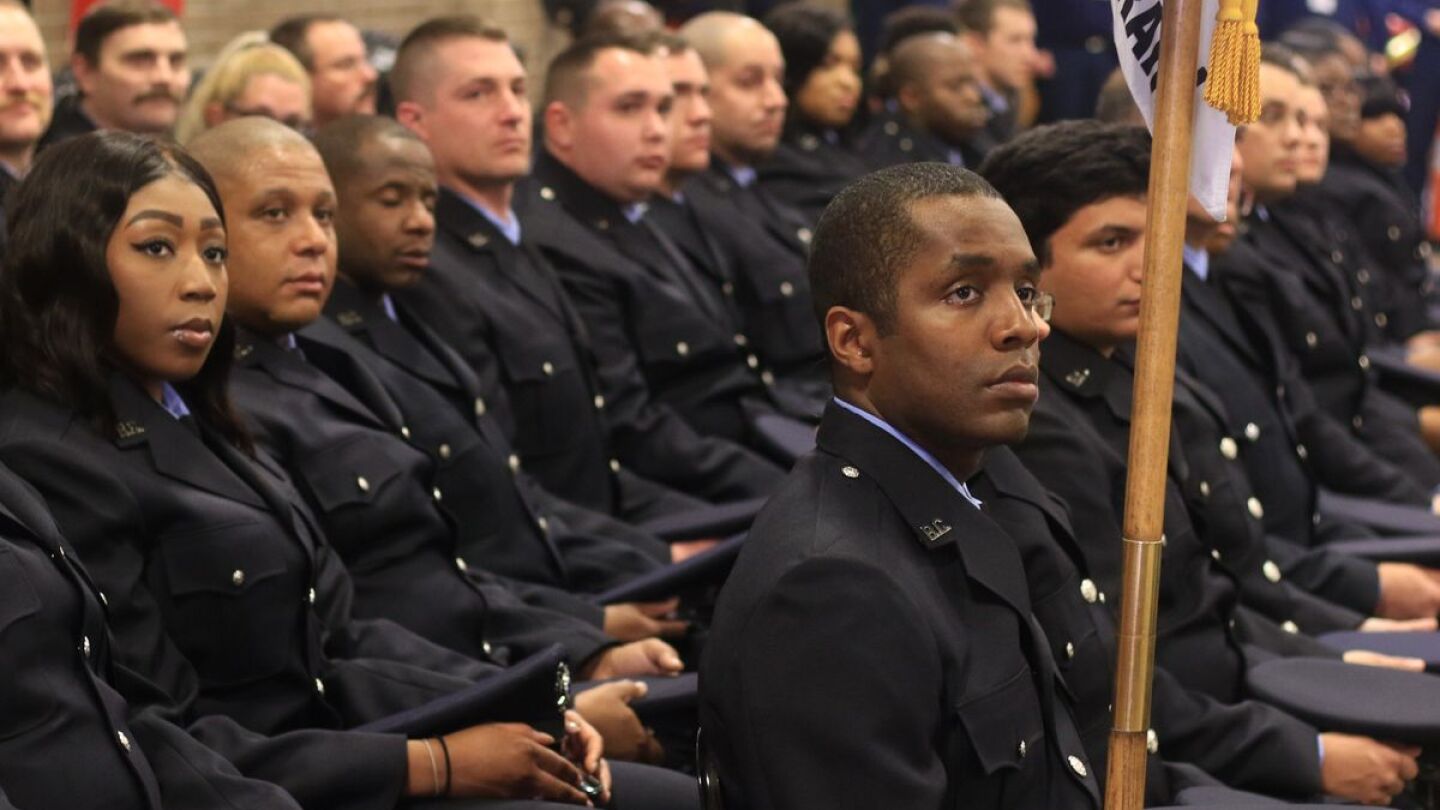Fire Service Culture
The FireRescue1 fire service culture resource page encompasses the cultural aspects of firefighter life, from the traditions that make the fire service such a proud profession to the kitchen table conversations that develop a brotherhood and sisterhood among members, to critical discussions about firefighter health and safety, focusing on the impact of culture on behavior and decision-making, both on and off the fireground.
Understanding the ‘why’ behind mental health challenges in the fire service
Exploring the haunting cost of heroism in the American fire service
Despite greater awareness and support, firefighters still face high rates of PTSD, depression and suicide
The week’s photo is from Firefighter Scott Hayward of Fire and Rescue NSW in Australia
Have we gotten so consumed by firefighter-centric safety culture that we lost focus on the civilians under our watch?
58 members remain from June 18, 2007, ready to guide the newest 311 members
The 2022 Firefighter Safety Stand Down focuses on practical applications of situational awareness, on and off the incident scene
The job of a company officer is not easy, but these tips can help you start off on the right foot
While it sometimes makes sense to go along to get along, the lone voice of dissent often provides meaningful insight
A recent poll with over 900 responses reveals strong opinions on the concept of free electric vehicle charging at the fire station
Know the four EQ skills that can help build your awareness and empathy – and ultimately make you a better crewmember
While non-fire-specific training can be beneficial, trainers who fail to understand the needs of first responders will lose their interest
The company officer is the first line of defense when debate escalates
Dogs have a long history helping firefighters; now they expand their role to offer physical and mental health benefits
A look back at some of the most popular shows and our personal favorites, too
24 hours filled with constant alerts, plus meetings, training and little sleep
Even if we haven’t done so ourselves, we certainly know someone who has – and yet we ignore this blatantly obvious issue
Fostering a family environment keeps members engaged, but what happens when that “family” becomes a little too exclusive?
Embrace them and thank them, then get on the ball and teach them
It’s the punniest day of the month, giving organizations the chance to show off the Photoshop skills of their firefighters and EMS providers
It’s time to step up and lead, adopt the technological revolution around us, and focus on education and connection
Names can describe, categorize and serve as a symbol, but we also need to update them when appropriate
America’s firefighters were better trained and equipped for the future but ever mindful and proud of their past
A message to the states that have not yet changed their association name to reflect that both men and women serve our communities
“Cat Daddies” is a collective portrait of multiple men and their feline friends, including Flame the Arson Cat
‘We are always there for each other’: Reflecting on the lifelong friendships formed at the NFA-adjacent pub
Fire service leaders must learn to articulate clarity with rules and nuance with standards
Fire service leaders should set the example and model the behavior that is best for the department and the crews
Emotional intelligence and conflict management skills are critical components of fire service leadership
This week’s photo is a show of solidarity for the people of Ukraine and Ukrainian first responders by FDNY probationary firefighters
It’s up to leadership to provide the direction and all firefighters to share the expectations that volunteers need to thrive in their role
True DEI efforts must be intentional and prioritized, and create opportunities for all people to join the fire service family
MOST POPULAR
- Ind. FD takes delivery of new fire engine with traditional ceremony
- Apparatus push-in ceremonies: A long-held tradition that unites communities
- What’s next for the fire service? Fire service leaders offer 2022 projections
- Access to social media does not make you a PIO
- How to implement a successful fire department mentorship program

































